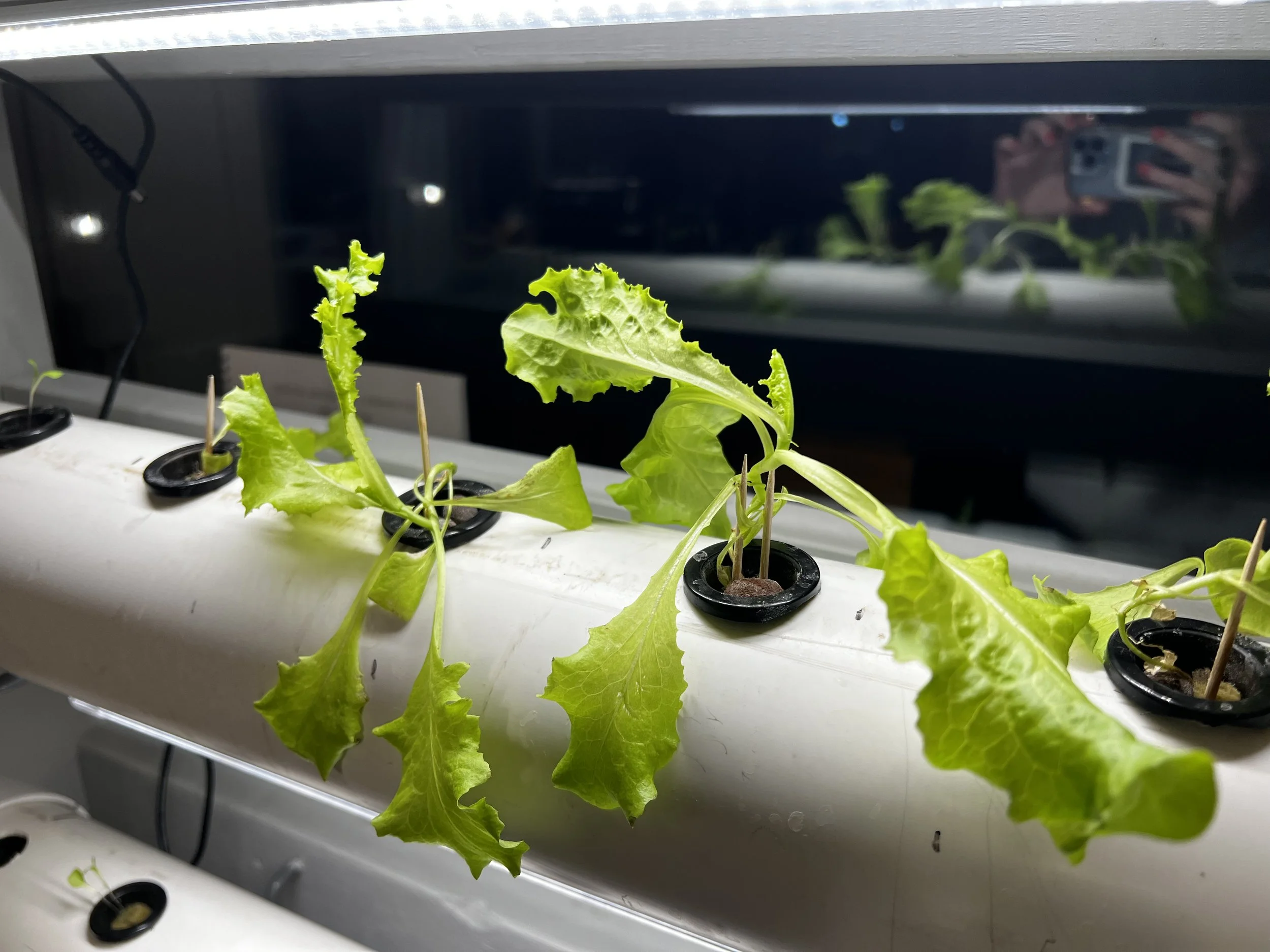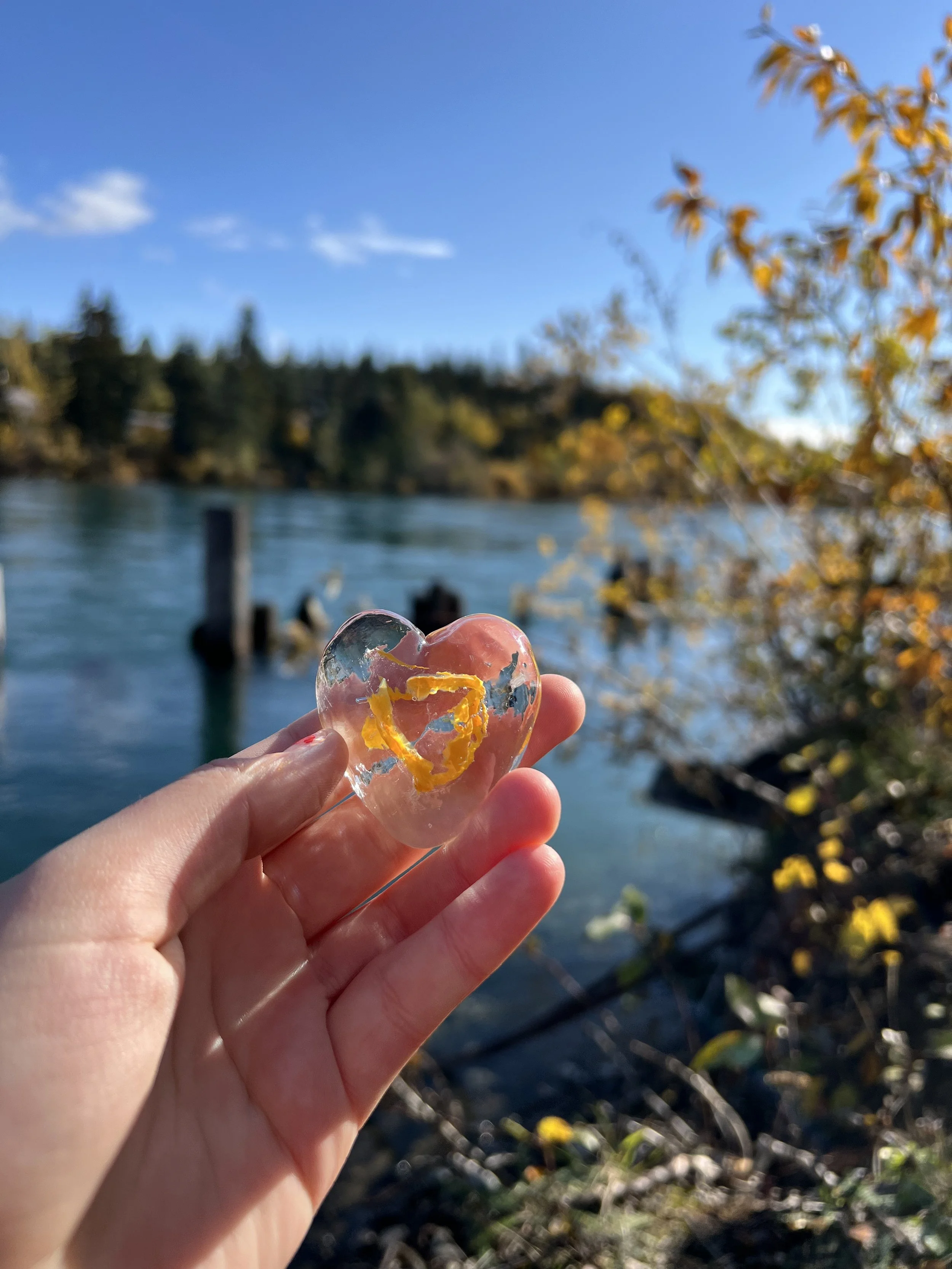photo by: Emma Ann MacDougall
We are Happy and Respected
Well-being for children and youth is a state of mind, at a critical stage of life. Young people express their overall sense of well-being in different ways. Life satisfaction and happiness are strong proxy indicators of overall wellbeing. How do young people conceptualize wellbeing in a digital world? How do digital technologies impact the overall wellbeing of Canadian youth?
photo by: Sydney Sinclair
We Are Secure
Material security - access to the basic necessities of life - is fundamental to the wellbeing of children and youth. Youth are secure when they and their families have access to the things that enable them to feel included in society – employment and income, housing, food, transportation, healthcare, education, and the Internet. How does access to the internet and digital technologies relate to the material security of young people?
photo by: Chloe White-Meaney
We Are Free to Play
Play and leisure are children’s rights because they are critical to development and influence every aspect of well-being. How much of their free time do young people spend on digital devices and/or online? What impact does digital/online play have on youth wellbeing?
photo by: Chloe White-Meaney
We Belong
Belonging for children and youth means feeling loved and supported and having mutually caring and respectful relationships. Supportive connections with others can reduce loneliness and contribute to a sense of belonging and to many aspects of well-being. How does digital technology impact young peoples’ connections to family, friends, and community?
photo by: Emma Ann MacDougall
We Are Protected
Children and youth need to be safe and protected in their homes, at school, at work and in their communities, online and offline. They should not be exposed to bullying, discrimination, exploitation, serious crime or disproportionate risk of harm – physically, socially, emotionally or psychologically. How do digital technologies and social media impact the safety of children and youth?
photo by: Sydney Sinclair
We Are Participating
Children and youth have the right to have their voices heard and respected. They should have every opportunity to participate in decisions affecting them. Participating includes being able to express themselves and their identity, exercise their rights responsibly, and develop a sense of agency and belonging. Do young people have the knowledge and skills to act as informed digital citizens? What support do they need in this area?
photo by: Viktor
We are Learning
Children and youth have the right to learn in many different supportive and respectful environments. It happens inside and outside schools. When children start school, achieving proficiency in a diverse range of competencies is possible when education is provided equitably and safely and respects the individual passions and abilities in every child. What role do digital devices/internet play in youth education?
photo by: Hayden Pinchin
We are Connected to Our Environment
A relationship with and living in a sustainable environment are critical aspects of child and youth well-being. How do digital technologies and media impact young people’s knowledge of, care for, and connection to, nature?
photo by: Sydney Sinclair
We Are Healthy
The health of children and youth is a balance of mental, emotional, physical and spiritual conditions. Young people’s own sense of health and their views about their health care are critical to their overall well-being. How does the digital world impact young people’s physical, mental, and spiritual wellbeing?










